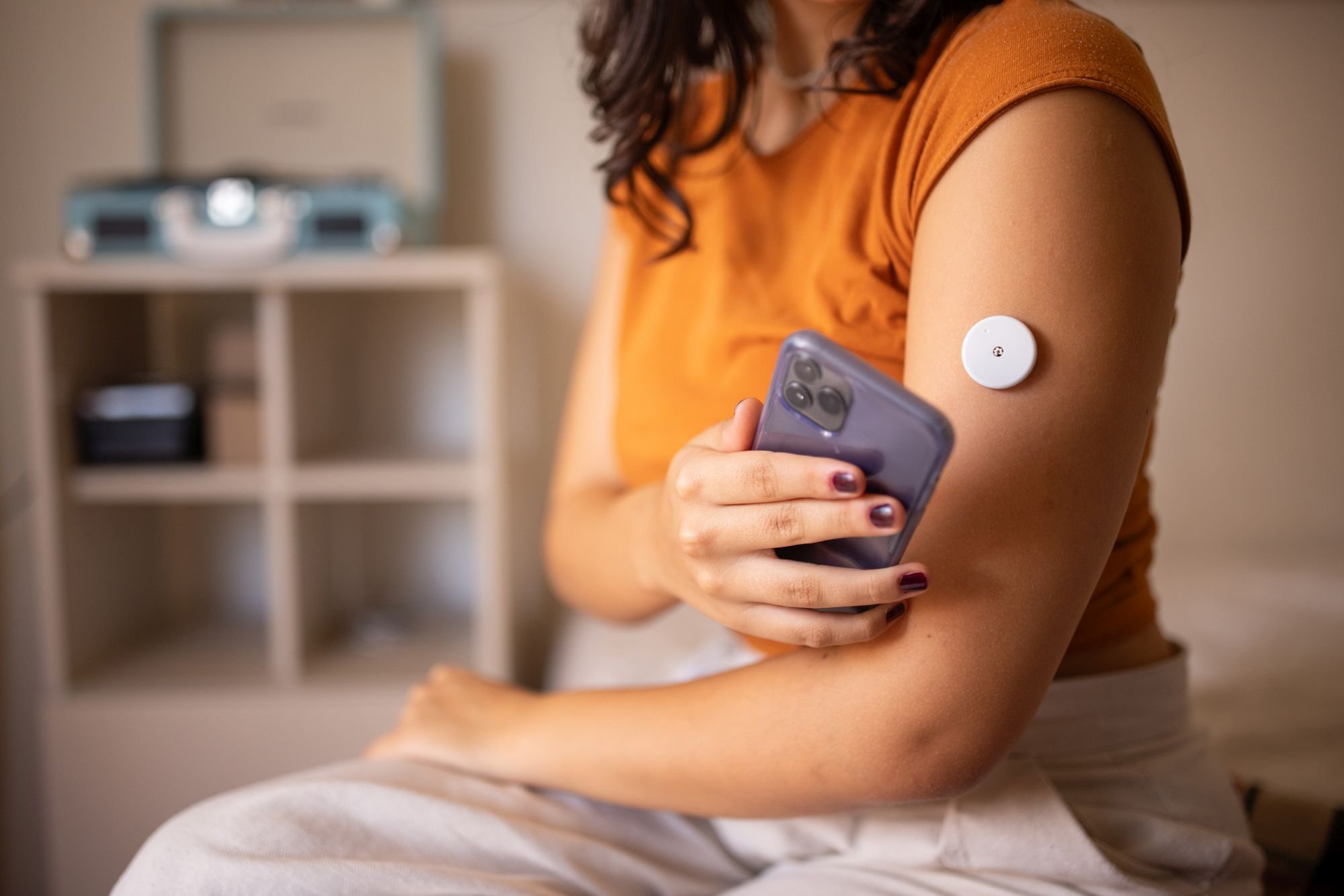What happened
After DexCom (NASDAQ: DXCM) reported preliminary fourth-quarter and full-year results for 2018, its shares rallied 11.8% higher at 3:30 p.m. EST on Monday.
So what
The leading manufacturer of continuous glucose monitors (CGM) used to monitor blood sugar levels in diabetics unveiled preliminary financial results for last quarter and the full year at the J.P. Morgan Healthcare Conference earlier today.

IMAGE SOURCE: GETTY IMAGES.
The company expects to deliver $331 million in sales for Q4, up at least 50% year over year and significantly higher than the consensus Wall Street analyst estimate of $285 million. For the full year, revenue is forecast to exceed $1.025 billion, up over 42% from 2017. Additionally, it's guiding for revenue to increase 15% to 20% to between $1.175 billion to $1.225 billion in 2019. For perspective, analysts were projecting $1.18 billion in sales in 2019.
The results reflect rising demand for its G6 CGM, a device that won approval last spring and that's included as part of Tandem Diabetes (TNDM 2.18%) t:slim X2 automated insulin delivery solution. Tandem's system relies on its t:slim X2 pump, DexCom's G6 CGM, and a sophisticated algorithm to automatically control insulin dosing based on real-time blood sugar data.
Now what
DexCom will report official results on Feb. 21 after the market closes, but it's unlikely that those figures will differ materially from the preliminary results reported today.
The ability to automatically track blood sugar and dose insulin is a game-changing advance because it may help delay disease progression by helping patients remain within their desired glucose range more often. Currently, DexCom's only available with Tandem's automatic solution, but that could change in the future because it's also expected to be included in solutions being developed by insulin drug developer Eli Lilly & Co. (LLY +1.52%) and insulin pump maker Insulet (PODD +0.16%).
Also, DexCom is working on next-generation CGMs it's developing with Verily, a healthcare company backed by Alphabet. If those CGMs are cost-effective, it could expand DexCom's market beyond type 1 diabetics to type 2 patients who require multiple daily injections. A development like that would be significant given 30 million people have type 2 diabetes compared to 1.25 million with type 1 diabetes.
Check out the latest DexCom earnings call transcript.









